Transistors are the basis for microchips and the whole electronic industry. The invention of transistors, by Bardeen and Brattain in 1947, awarded with a Nobel prize, is regarded as one of the most important discoveries of the 20th century.
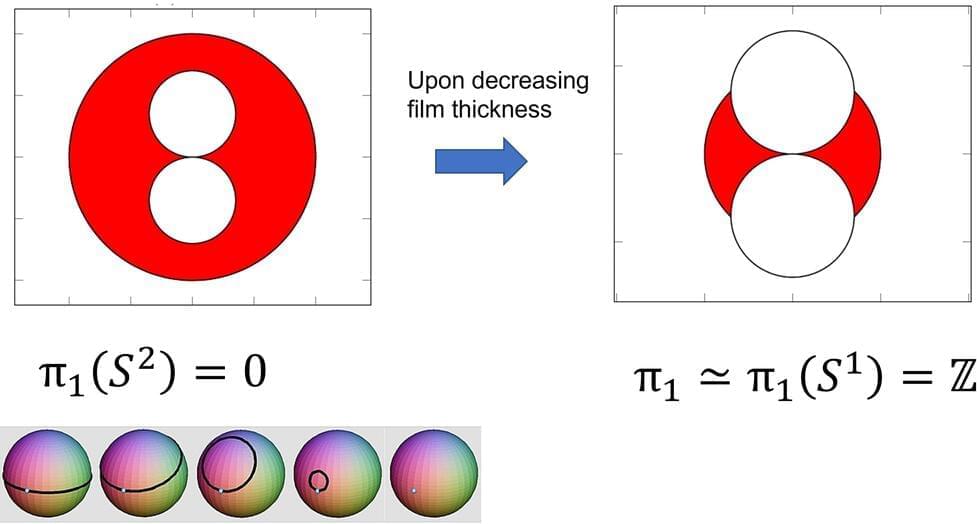

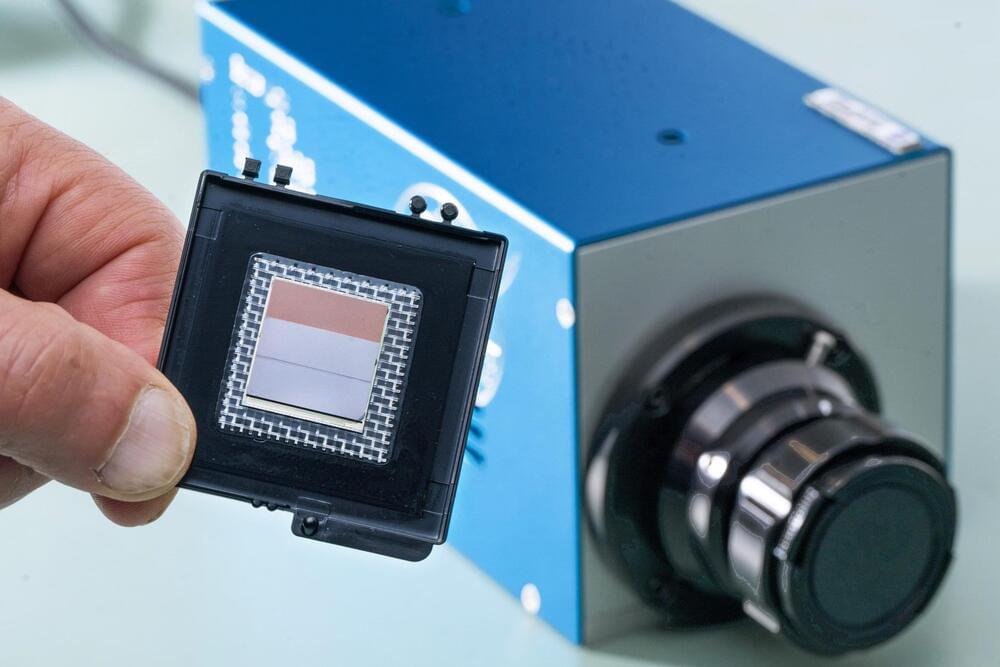
Innovative infrared sensors developed by NASA increase resolution for Earth and space imaging, promising advancements in environmental monitoring and planetary science.
A newly developed infrared camera featuring high resolution and equipped with a range of lightweight filters has the potential to analyze sunlight reflected from Earth’s upper atmosphere and surface, enhance forest fire alerts, and uncover the molecular composition of other planets.
These cameras are equipped with sensitive, high-resolution strained-layer superlattice sensors, originally developed at NASA’s Goddard Space Flight Center in Greenbelt, Maryland, funded through the Internal Research and Development (IRAD) program.

Gas bubbling up from a lava-covered surface on the exoplanet 55 Cancri e may feed an atmosphere rich in carbon dioxide or carbon monoxide.
Located a mere 41 light years from Earth, the exoplanet 55 Cancri e is so intensely hot that scientists once doubted its ability to sustain an atmosphere. However, a recent study conducted by a national team of scientists suggests 55 Cancri e may be the first rocky exoplanet confirmed to have an atmosphere.
Published in Nature, the paper titled “A Secondary Atmosphere on the Rocky Exoplanet 55 Cnc e” was authored by researchers from NASA’s Jet Propulsion Laboratory, the California Institute of Technology, the University of Chicago, the University of New Mexico (UNM).



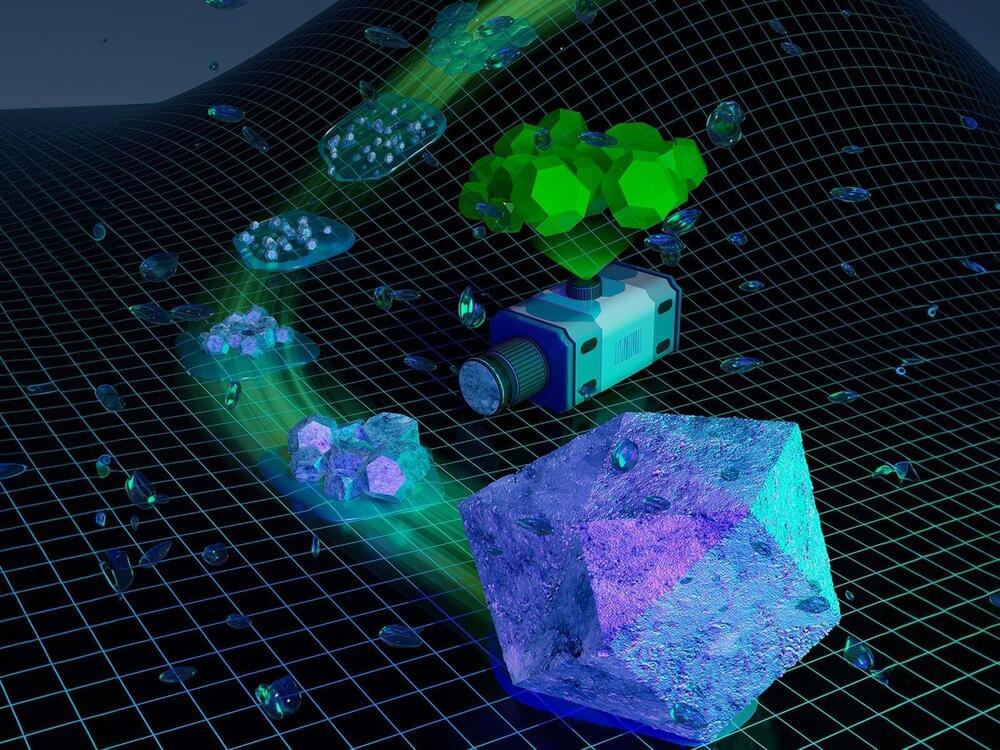
Recent experimental advancements have enabled more accurate and in-depth analysis of these materials during and after formation. The review article examines two decades of research on the non-classical formation pathways of soft and organic crystalline materials. It details the current theoretical understanding of how these materials form through non-classical pathways, including distinguishing the processes of nucleation and growth across models.
Advances in experimental methods, including in-line scattering/spectroscopy detection, cryo microscopy, and in situ liquid-phase characterization, and their application to studying soft and organic crystalline materials are also discussed.
These experimental techniques have provided strong evidence for non-classical crystallization pathways, leading to key breakthroughs in understanding these processes. However, the sole presence of a specific final product or intermediate does not prove that a material formed via a specific pathway.
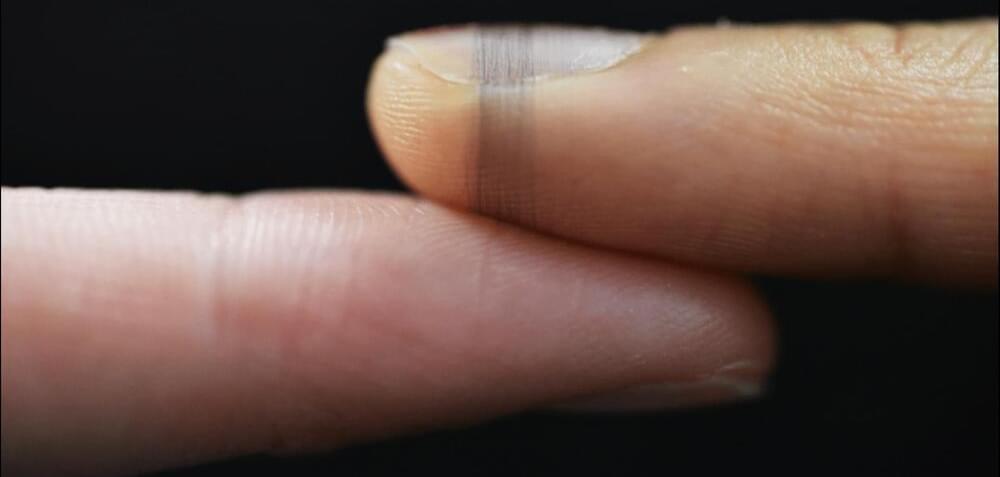
Fiber sensors conform to skin:
In another scientific marvel inspired by the wonder that is spider silk, researchers have developed an innovative method to create adaptive and eco-friendly sensors that can be seamlessly and invisibly printed onto various biological surfaces, such as a finger or a flower petal.
This breakthrough in high-performance bioelectronics allows for the customization of sensors on a wide range of surfaces, from fingertips to the delicate seedheads of dandelions, by printing them directly onto them.

NVIDIA has accelerated its GPU, CPU & AI roadmap significantly as stated by CEO, Jensen Huang, during the latest earnings call.
NVIDIA Will Be Launching Next-Gen GPUs, CPUs & AI Solutions Much Faster Than Everyone Else, Shifts To A 1-Year Cadence Instead of 2-Year
NVIDIA’s current roadmap includes the likes of Hopper H200 and its follow-up Blackwell in B100 & B200 GPUs. The company also previously teased X100 GPUs though we know from recent reports that the actual next-gen architecture comes as the Rubin “R100” series which looks like a major breakthrough for the company based on the specs, performance, and efficiency data that has been laid out.
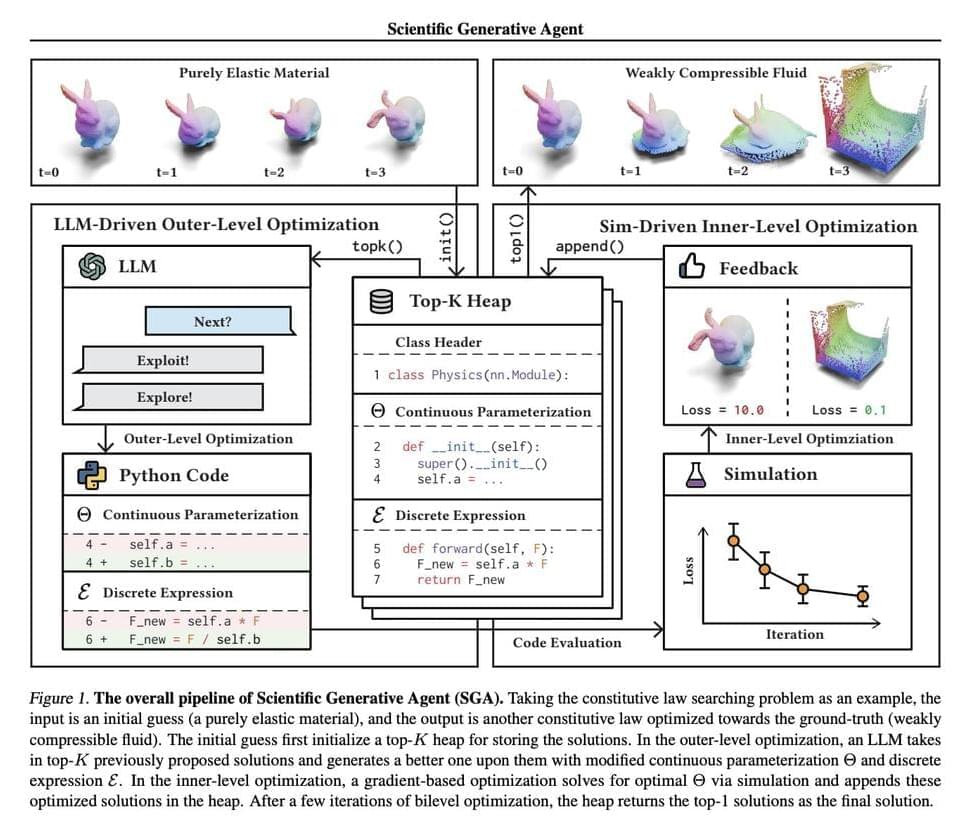
I found this on NewsBreak: #Design
Leveraging advanced computational techniques in physical sciences has become vital for accelerating scientific discovery. This involves integrating large language models (LLMs) and simulations to enhance hypothesis generation, experimental design, and data analysis. Automating these processes aims to streamline and democratize access to cutting-edge research tools, pushing the boundaries of scientific knowledge and improving efficiency across various scientific domains.
Researchers face a significant challenge in effectively simulating observational feedback and integrating it with theoretical models in physical sciences. Traditional methods often need a universal approach that can be applied across various scientific fields, leading to inefficiencies and limiting the potential for innovative discoveries. The need for a more comprehensive and adaptable framework is evident to address this issue and advance scientific inquiry.